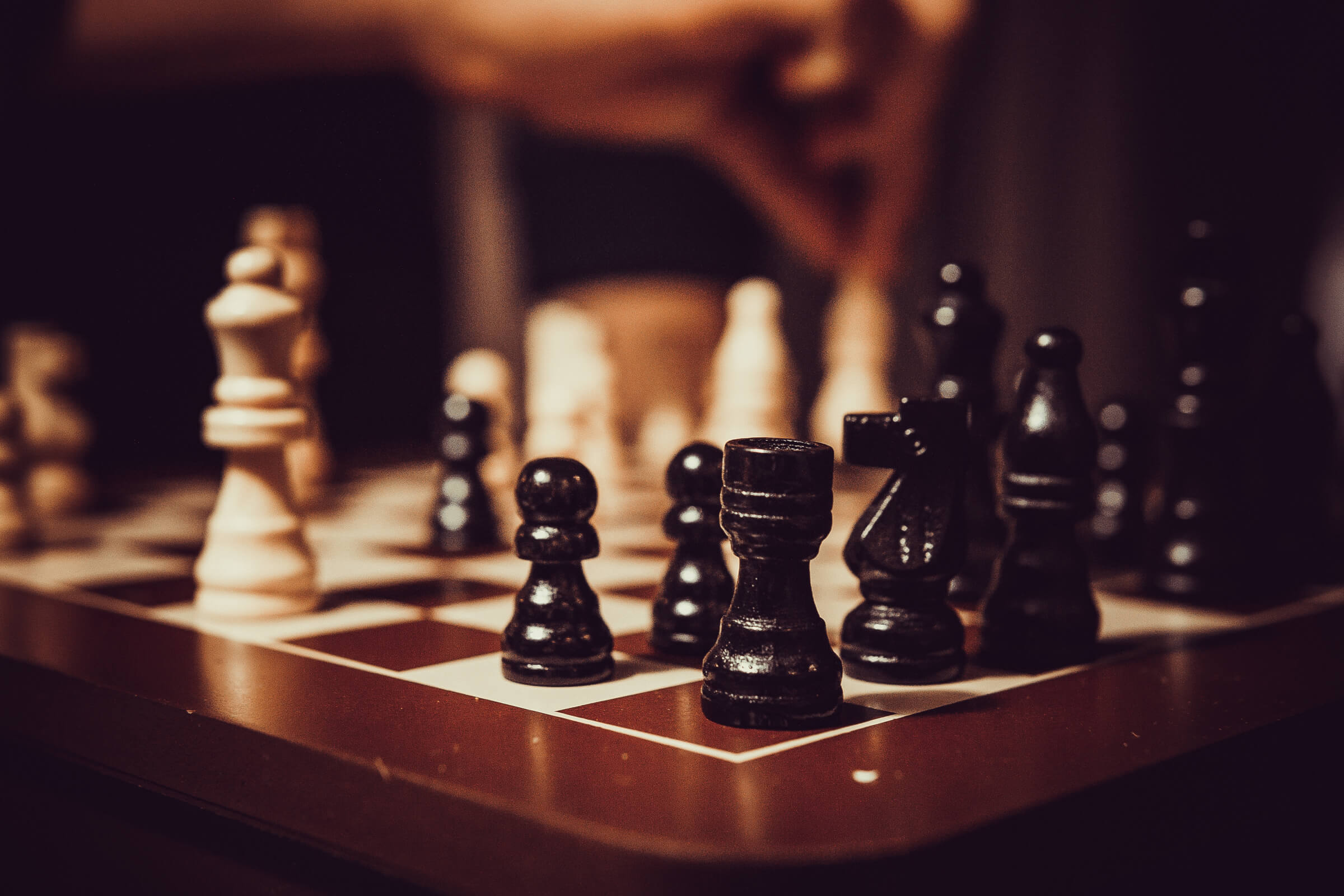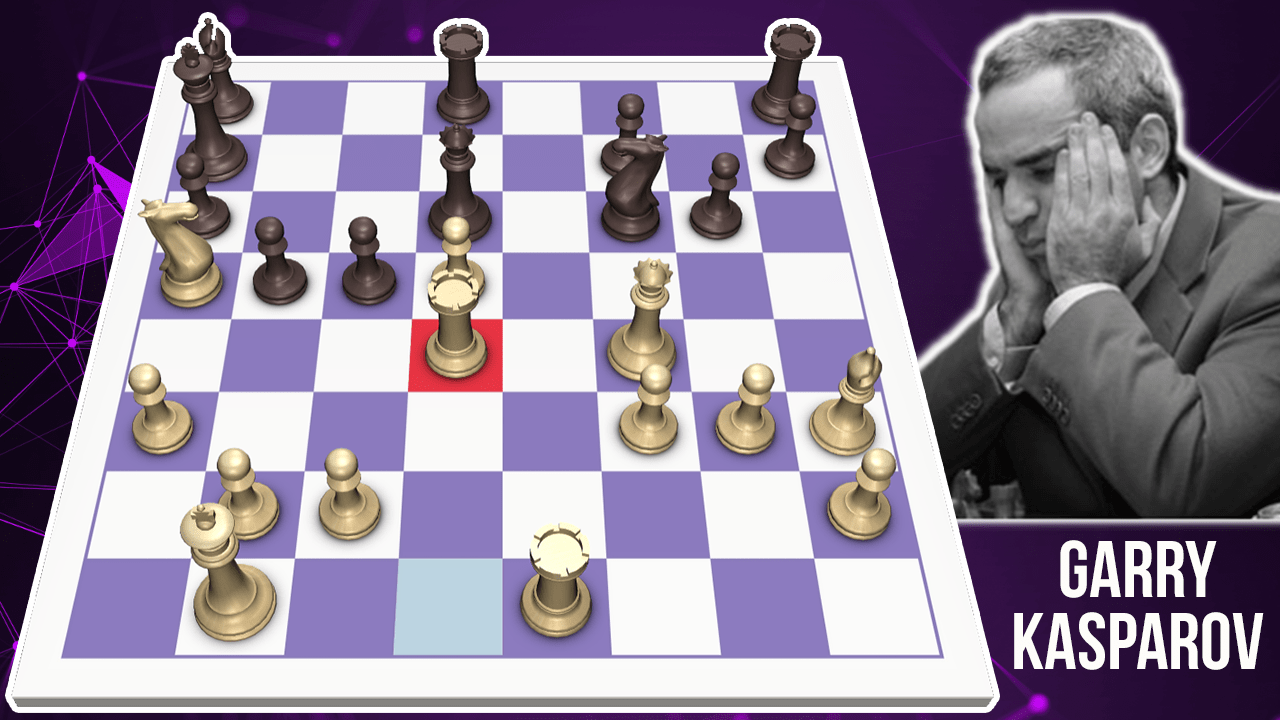

These aren't just feel-good notions or fluffy self-help ideas. Kasparov was letting his actions inspire his beliefs. This is why Garry Kasparov's method of playing as if he felt confident could lead to actual confidence. The link between physical performance and mental attitude is a two-way street.Ĭonfidence is often the result of displaying your ability. A confident and positive mindset can be both the cause of your actions and the result of them. There is no doubt that your mindset and your performance are connected in some way.

The typical narrative about underachievers is that if they could just “get their head right” and develop the correct “mental attitude” then they would perform at the top of their game. We often hear about a physically gifted athlete who underperforms on the field or a smart student who flounders in the classroom.

It can be easy to view performance as a one-way street. He would continue to hold the title for another 10 years. When it was all said and done, Kasparov lost only two of the final 12 games and retained his title as World Chess Champion. With his confidence building, he rattled off decisive wins in the 18th and 20th games as well. He took the lead by winning the 16th game. When the second half of the World Chess Championship began in Lyon, France, Kasparov forced himself to play aggressive. Garry was triggering his zone by playing Kasparov chess. Step by step, Garry would feed off his own chess moves, off the created position, and off his opponent's building fear, until soon enough the confidence would become real and Garry would be in flow … So if Garry was feeling bad, but puffed up his chest, made aggressive moves, and appeared to be the manifestation of Confidence itself, then opponents would become unsettled. If Garry bristled at the chessboard, opponents would wither. Everyone in the chess world was afraid of Garry and he fed on that reality. Kasparov was an intimidator over the board. He would pretend to feel confident, and hopefully trigger the state. Garry responded that he would try to play the chess moves that he would have played if he were feeling confident. My father wrote a book called Mortal Games about Garry, and during the years surrounding the 1990 Kasparov-Karpov match, we both spent quite a lot of time with him.Īt one point, after Kasparov had lost a big game and was feeling dark and fragile, my father asked Garry how he would handle his lack of confidence in the next game. Kasparov was a fiercely aggressive chess player who thrived on energy and confidence. Waitzkin shares the story in his book, The Art of Learning ( audiobook). In particular, they learned how Kasparov dealt with remarkably difficult matches like the one he faced against Karpov in the 1990 World Chess Championship. Along the way, Waitzkin and his father had the opportunity to connect with Garry Kasparov and discuss chess strategy with him. Junior Championships before the age of 10. Josh Waitzkin was a chess prodigy as a child and won multiple U.S. If Kasparov was going to retain his title as the best in the world, it was going to take everything he had. Kasparov had lost confidence and grown nervous in New York.” 1 After the first 12 games, the two men left New York with the match tied at 6-6. He lost the seventh game and let multiple victories slip away during the first half of the tournament. Kasparov started off well, but soon began to make mistakes. In total, the match would stretch for three months with the first 12 games taking place in New York and the final 12 games being played in Lyon, France. The two men would play 24 games to decide the champion with the highest scoring player being declared the World Chess Champion. The 1990 World Chess Championship was about to begin. Garry Kasparov and his long-time rival Anatoly Karpov-two of the greatest chess players of all-time-took their respective seats around the chess board.


 0 kommentar(er)
0 kommentar(er)
